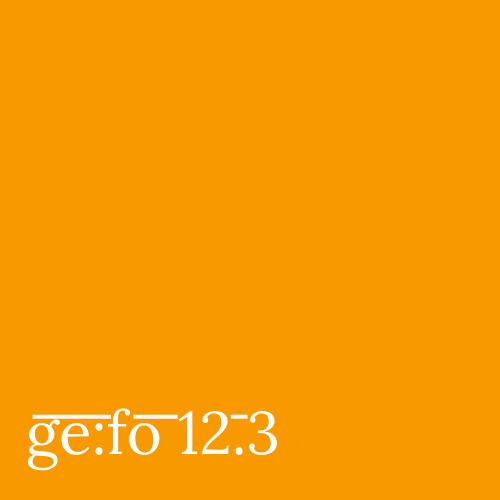Dowry Practices and Gendered Space in Urban Patna/India
DOI:
https://doi.org/10.18716/ojs/gefo/2013.2592Keywords:
Dowry, Marriage, Bride, Caste, Castesystem, Arranged MarriageAbstract
In arranged marriages, bride-givers and bride-takers participate in the transactional space with different intentions during marriage solemnization. Hypergamy along with caste- endogamy restricts the options for brides’ fathers in the selection of grooms leading to dowry competitiveness while grooms’ families feel justified in demanding dowry as a return for the investment in their son. Raised lifestyles and more disposable income due to modernization in Indian cities have aggravated the phenomenon further. This article investigates how dowry practices create and sustain a highly gendered space in urban Patna/Bihar. The representational space of the social practice of dowry is analyzed in 16 unstructured in-depth interviews with fathers of brides and women of the Hindu Kushwaha caste in West Patna and old Patna city. To examine how transactional space is created, groom’s family factors and bride-giving family factors that encourage dowry practices are identified. Furthermore, the discriminatory spaces in the brides’ parental and marital homes as well as strategies and attitudes to deal with dowry are investigated.



